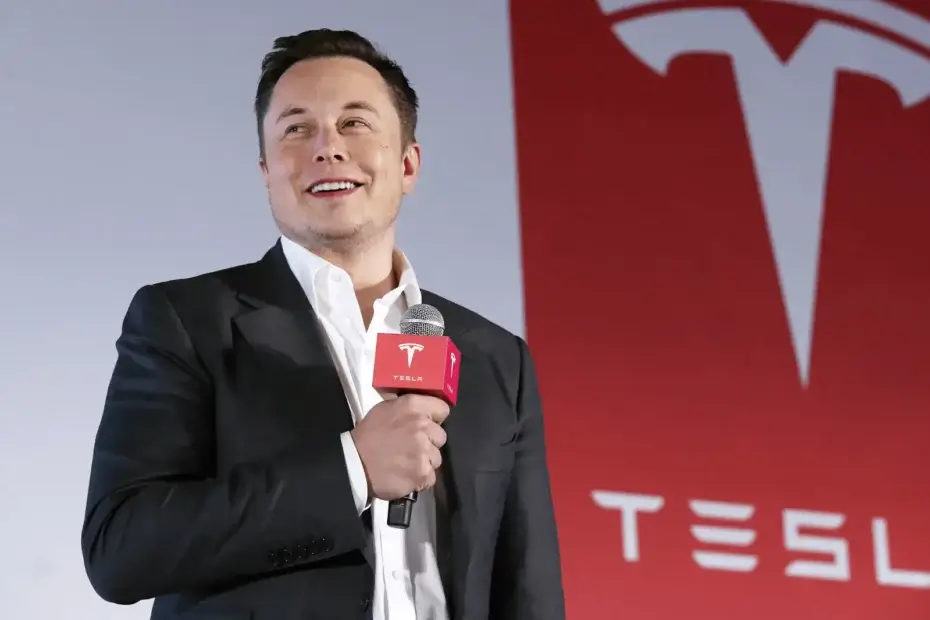The flamboyant CEO of Tesla, Inc., Elon Musk, has been at the forefront of the electric vehicle revolution, always pushing the boundaries of technology and innovation. The leader of this movement has been Tesla. Musk’s anticipated $56 billion pay plan has been a hot issue among shareholders lately, with major investors holding divergent views. This article delves deeply into the nuances of this contentious pay plan, the function of individual investors, and the wider implications for Tesla’s corporate governance.
Controversial Compensation Package
Review of the Compensation Package
Authorized at $56 billion, Elon Musk’s 2018 pay package is among the biggest in corporate history. Under the proposal, Musk’s compensation would be linked to Tesla’s performance and, should the company reach certain operational and market capitalization targets, he would get stock options. The remuneration plan was intended to propel Tesla to previously unheard-of heights of success, therefore establishing a direct link between Musk’s personal fortunes and the company’s achievements.
Court’s ruling and the shareholders’ vote
Tesla recently had the large pay package reversed by a Delaware court, which forced the company to ask shareholders for approval to restore it. Musk’s leadership will be voted on at the June 13, 2023, annual meeting. Should investors vote “yes,” Musk may end up owning more than twenty percent of Tesla. A vote of “no” might have serious consequences for the leadership organization of the corporation in the opposite way.
Why Individual Investors Matter
Largest Retail Ownership
Retail investors own a much larger percentage of Tesla shares than is typical. On June 5, 2023, the “public and other” group held around 43% of Tesla’s common shares overall. Retail investors fall within this group especially. The largest 15 firms in the S&P 500 have this as their highest.
Features of Individual Investors
Retail investors prefer to support management, generally. Still, compared to eighty percent of institutional investors, their participation in the voting process is historically low—roughly thirty percent of their shares will be cast in 2023 voting. Tesla has launched a communication campaign targeted at these small stockholders. For those who vote, there is a special website, contact with online influencers, and factory tours.
The influence of online groups
Prominent online influencers like as Alexandra Merz (@TeslaBoomerMama) and Omar Qazi (@WholeMarsBlog) have been actively urging ordinary investors to back Musk’s compensation plan in their voting. This group of powerful people organizes voter participation and shapes public opinion inside the Tesla community in a big way.
Big investors have responded in a variety of ways.
One divisive topic among institutional investors is the pay package. Supporter T. Rowe Price said it is well in line with investor interests. But the sovereign wealth fund of Norway and the California Public Employees’ Retirement System (CalPERS) oppose it, arguing that the award is too high given Tesla’s achievements.
Recommendations of the Proxy Advisor
Two of the biggest proxy advisory firms, Glass Lewis and Institutional Shareholder Services (ISS), have advised shareholders to reject the incentive plan. Such recommendations have historically significantly impacted the outcomes of shareholder votes. When both advisors opposed a “say on pay” resolution, only 66% of them succeeded between 2010 and 2020; when both advisors supported it, 99% of them succeeded.
Context for Tesla’s Strategic Positioning
Return to state incorporation
Among the most significant recommendations that will be covered at the next conference is the re-incorporating of Tesla from Delaware to Texas. This action is part of Tesla’s bigger goal, which is to streamline operations and take advantage of Texas’s business-friendly environment.
An other significant item on the agenda is the re-election of directors, one of whom is Musk’s brother Kimbal Musk. Reelection of Tesla’s current leadership structure and consistency of the company’s strategic direction are essential.
Reception of the Compensation Package
Musk will be better able to manage Tesla and see its lofty development objectives through to completion if the remuneration package is extended. Should Tesla meet its operational and market capitalization goals, investor confidence may rise and stock prices may rise as well.
Controversy of the Compensation Package
A “no” vote would be a harsh rebuke to Musk and might raise questions about Tesla’s strategic orientation and future leadership. It may also prompt an internal review of the company’s executive compensation practices.
Conclusions
A critical time for Tesla investors is coming with the shareholder vote on Elon Musk’s rumored $56 billion pay plan. The choice will determine not just Musk’s pay but also Tesla’s governance and strategic orientation going forward. This is so that the crucial role played by ordinary investors would influence the result. Considering the current debate, parties interested in the issue should weigh the potential benefits of keeping a visionary leader against the worries about fair and appropriate CEO compensation.


 Schedule a free call
Schedule a free call